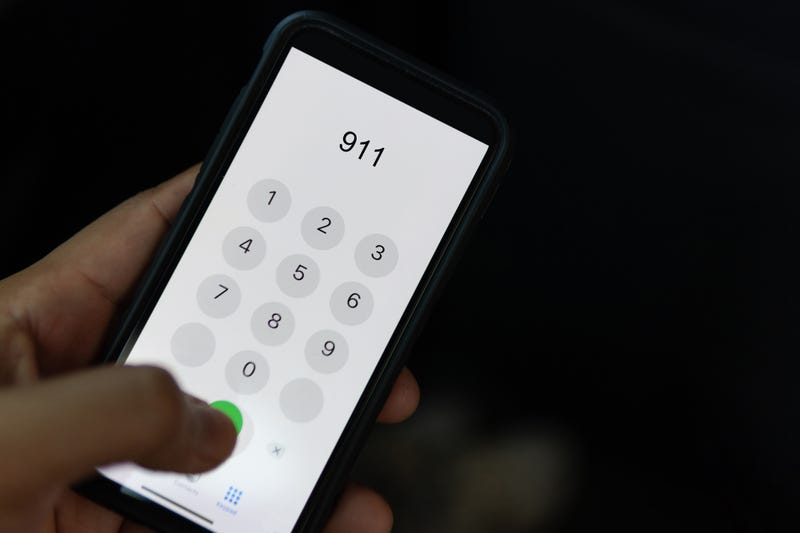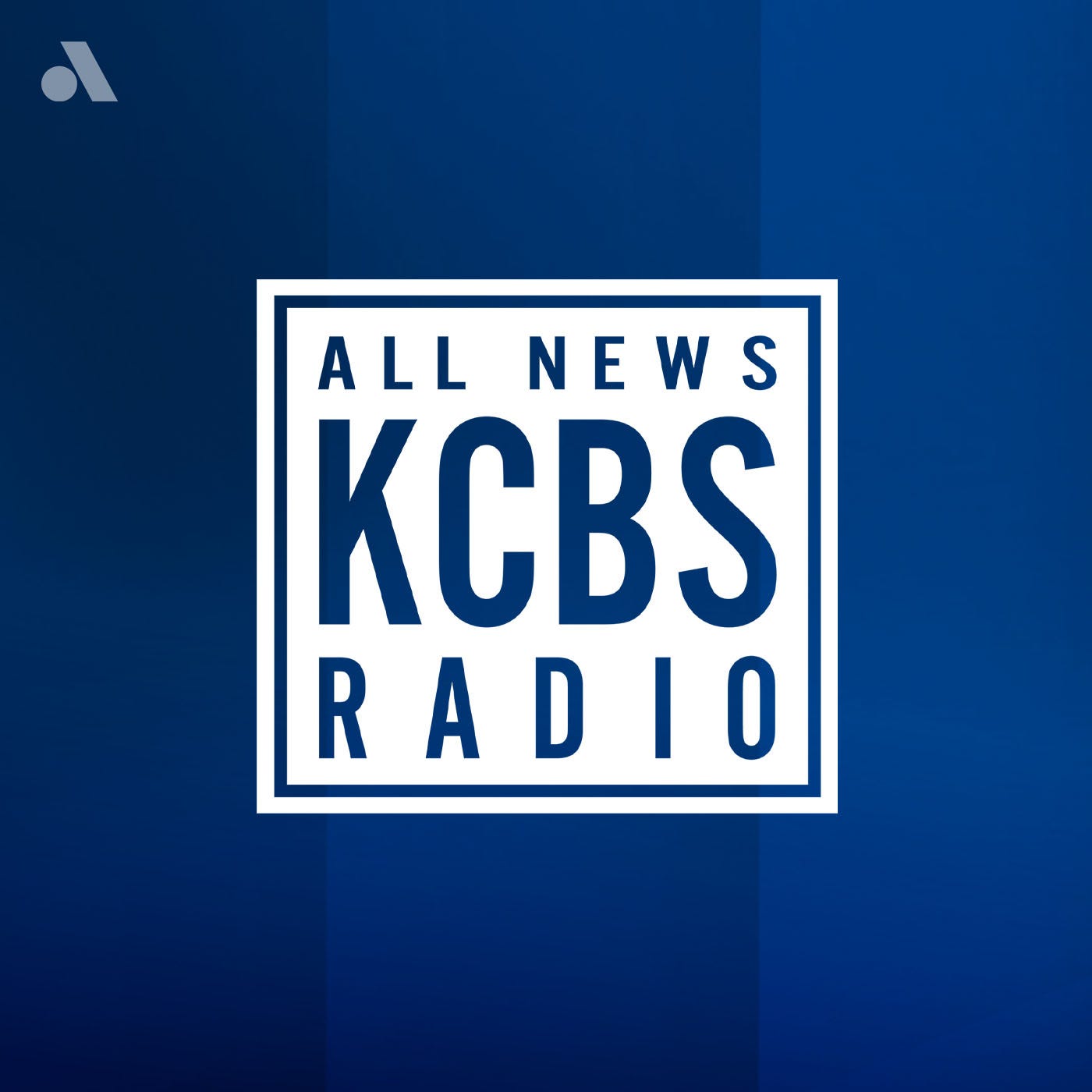
A new three-digit number will soon become available to Californians experiencing a mental health crisis.
The number, 988, will premiere nationwide by July.
But the estimated $50 million needed for the number to work successfully remains uncertain. A bill that would impose a fee on phone lines in California stalled earlier in the summer, and legislators are scrambling to find alternatives, according to reporting by the San Francisco Chronicle.

Without the funding, the state’s 13 existing National Suicide Prevention Lifeline call centers — where 988 will direct callers — may not be equipped to handle the tripling of volume they’re anticipating.
This could mean that people who are suicidal could be put on hold, or even having their calls dropped.
"I’m incredibly concerned," said Le Ondra Clark Harvey, CEO of the California Council of Community Behavioral Health Agencies, which includes the state’s 13 call centers. "I think it’s pretty dire."
Clark Harvey said call centers have already seen a 67% increase in volume in recent years, and the pandemic has only intensified the pressure.
In October 2020, President Donald Trump signed into law a bipartisan bill to make 988 the national number to call for people in crisis; providing an alternative to 911. The law gives states the ability to raise money to fund the call centers, as well as related mental health crisis services, by attaching new fees to phone lines.
The fee would be capped at 80 cents a line. Supporters of California’s bill to pass those fees, AB988, aren’t sure it will succeed this session. The bill faces opposition from the telecommunications industry, which wants to narrow the scope of what services fees can cover.
Sponsors say almost a third of the Legislature have signed onto the bill, but AB988 has not been heard in key policy committees.
A coalition of supporters has put together a request for $50 million, which they hope will be included in a budget trailer bill before the session ends Sept. 10.

